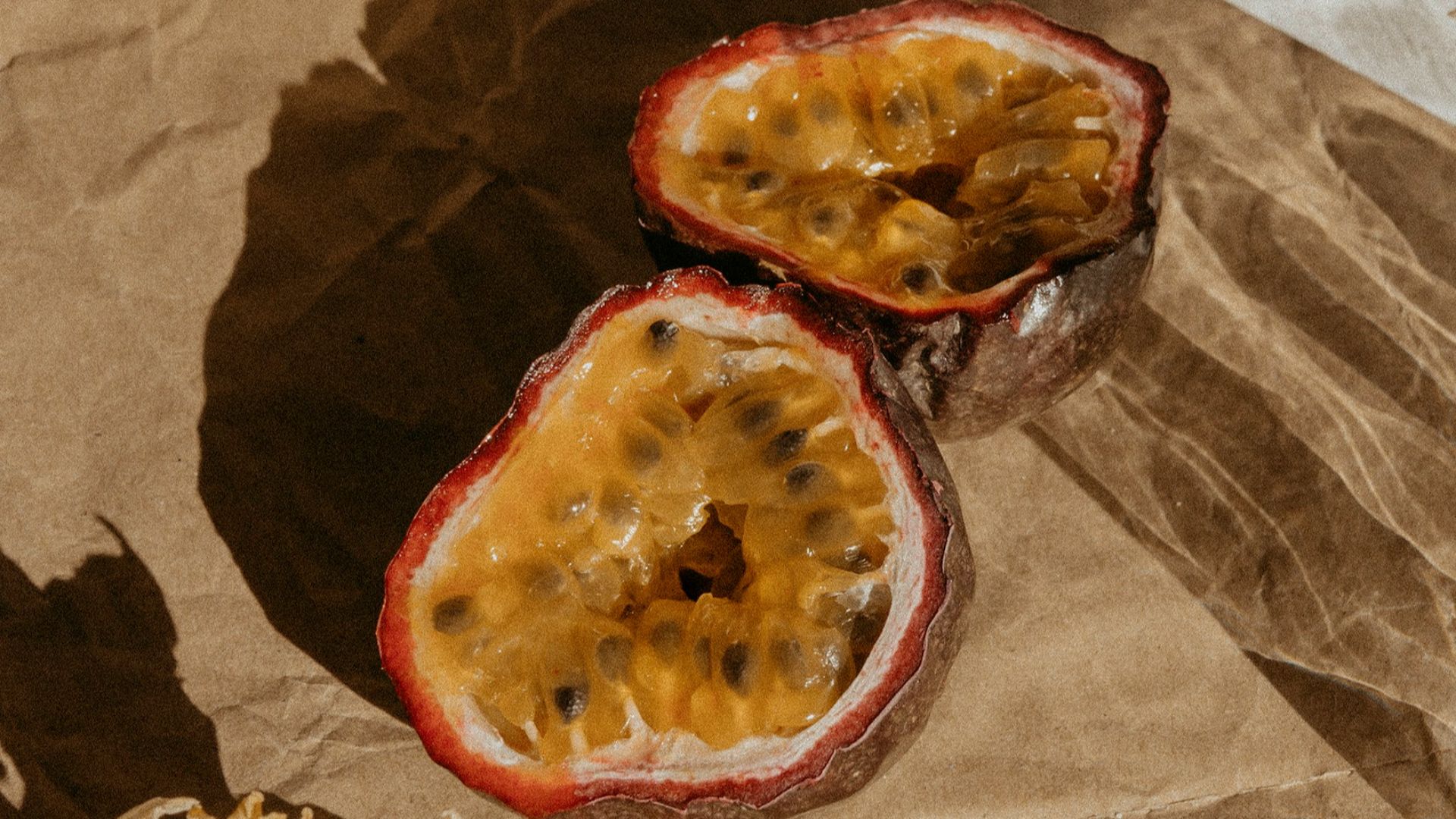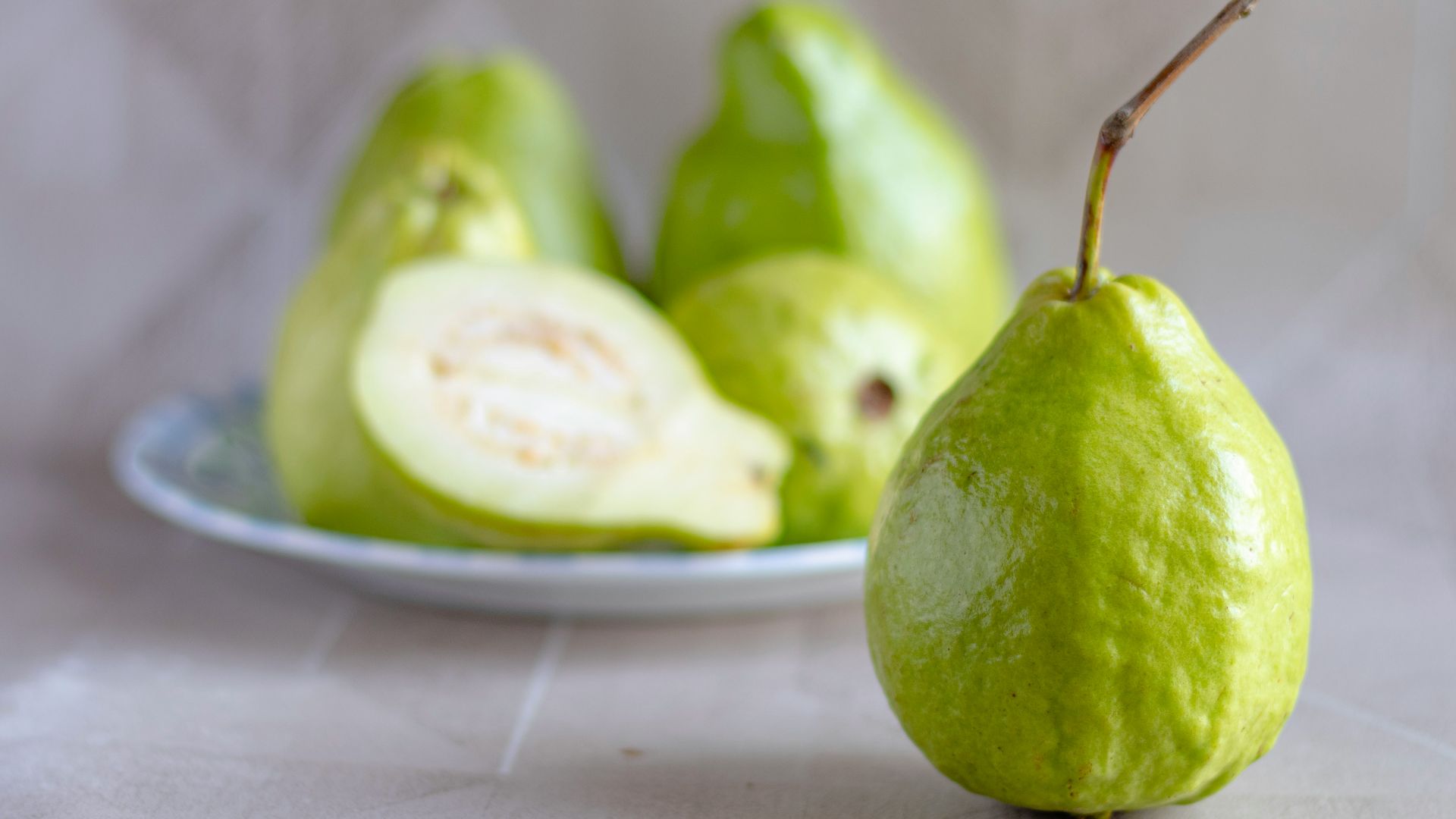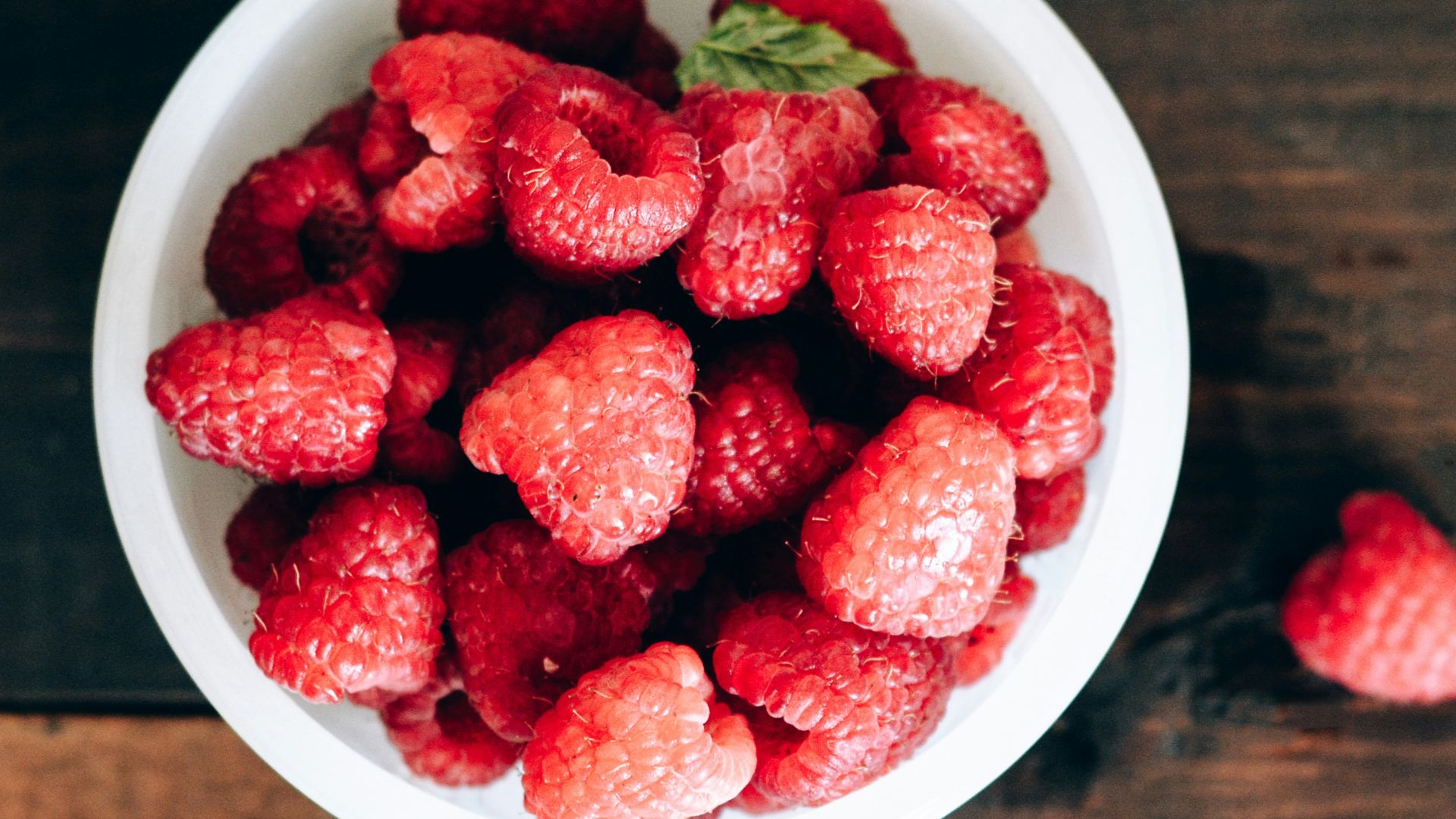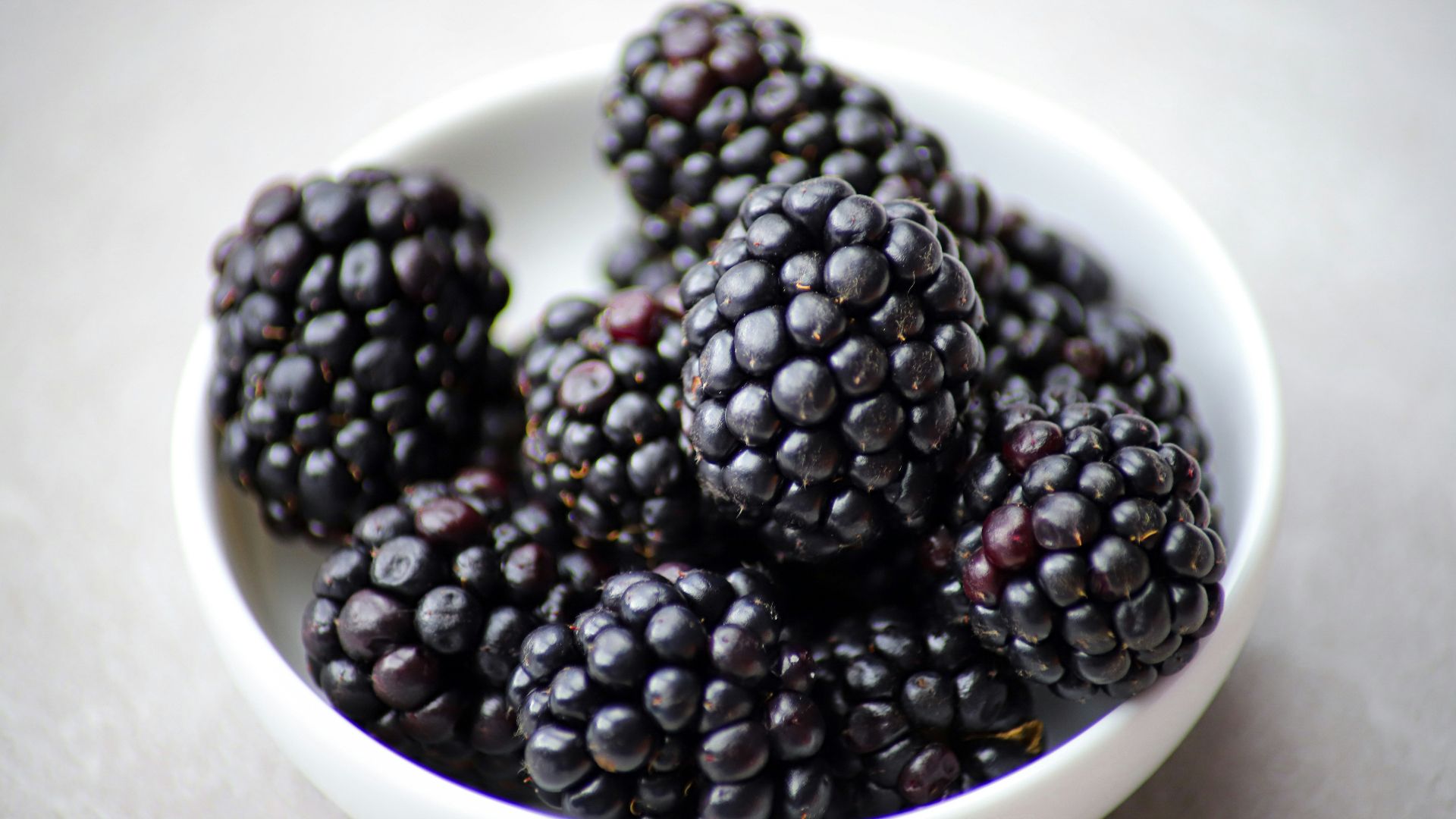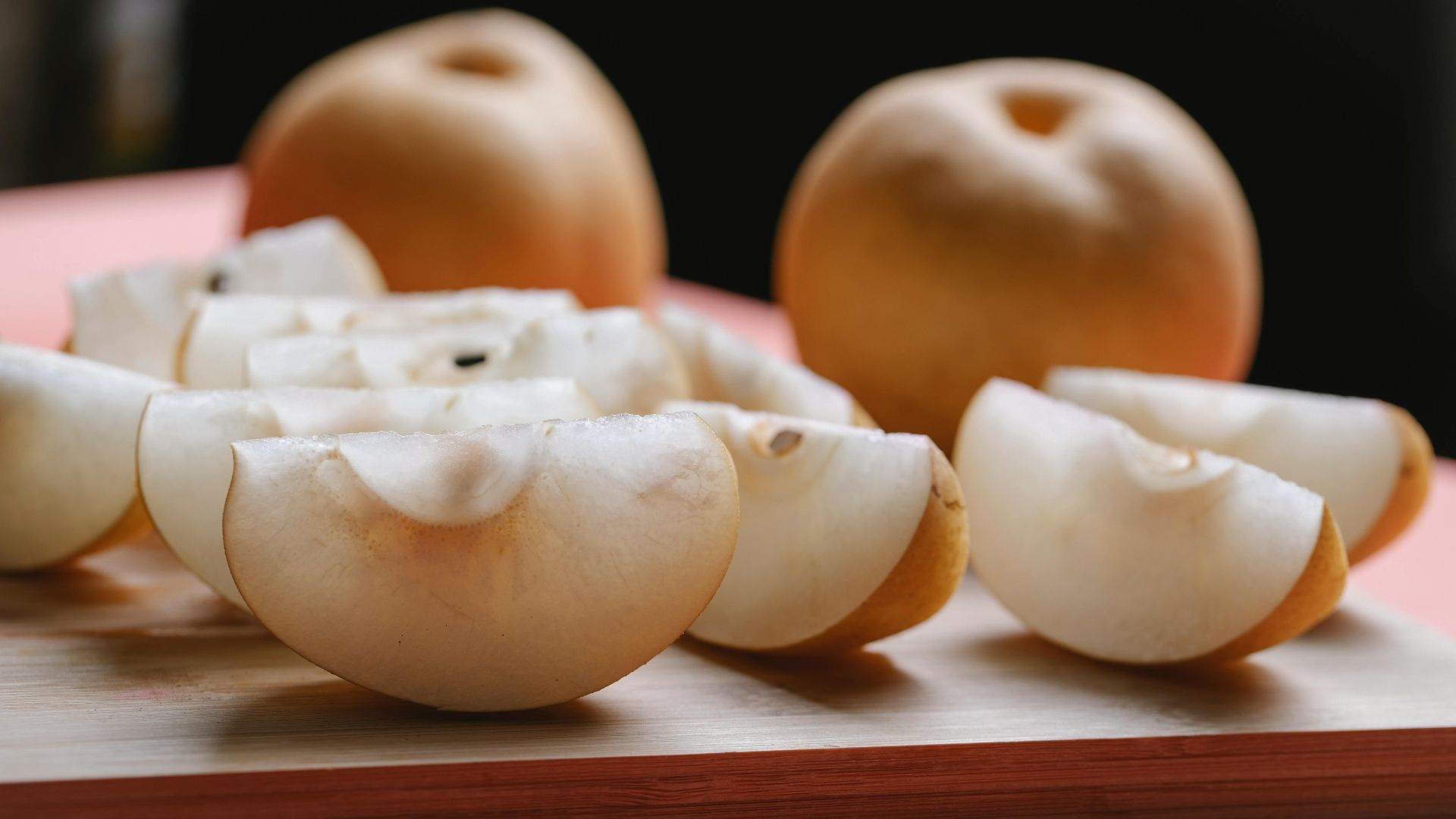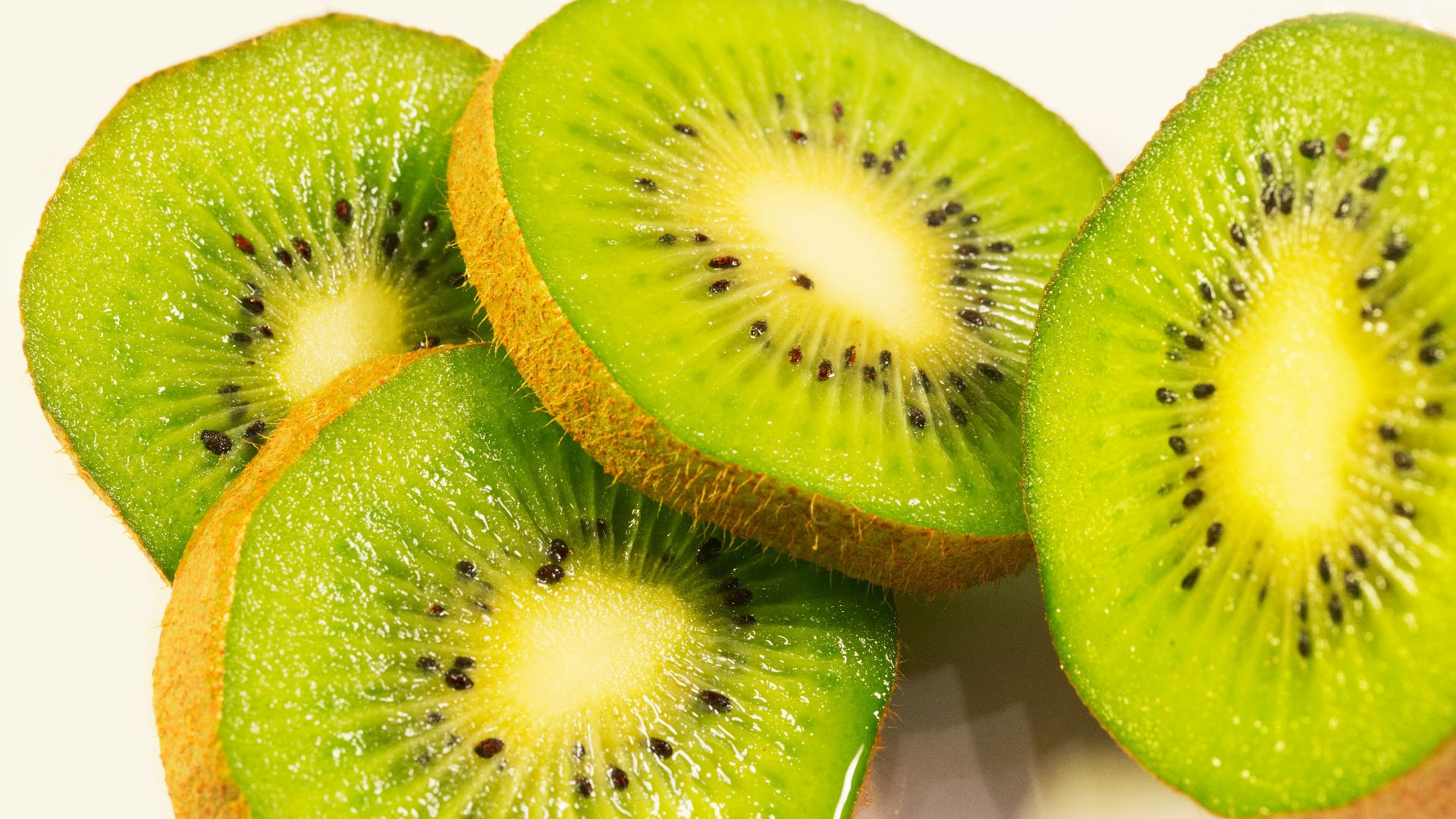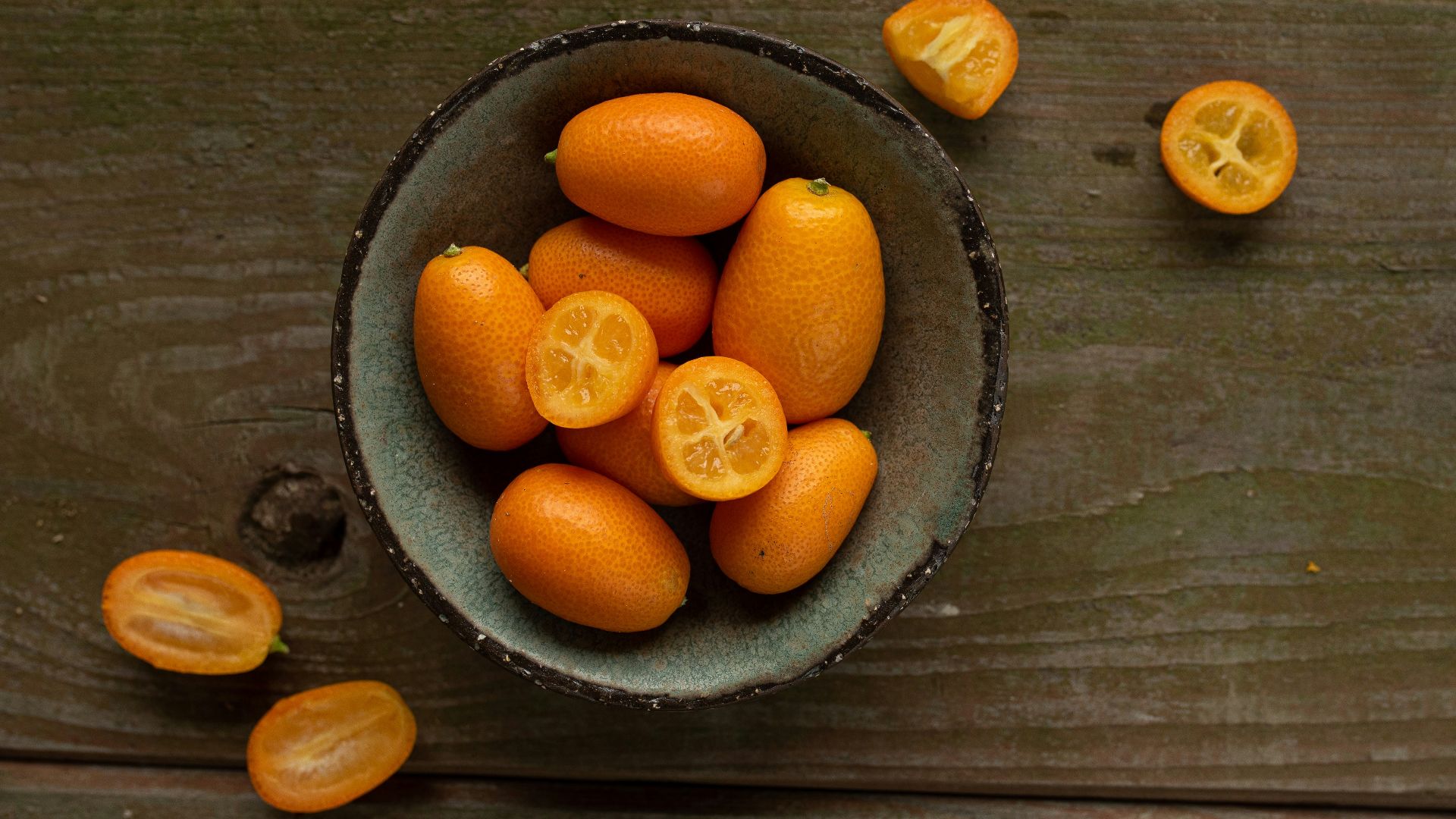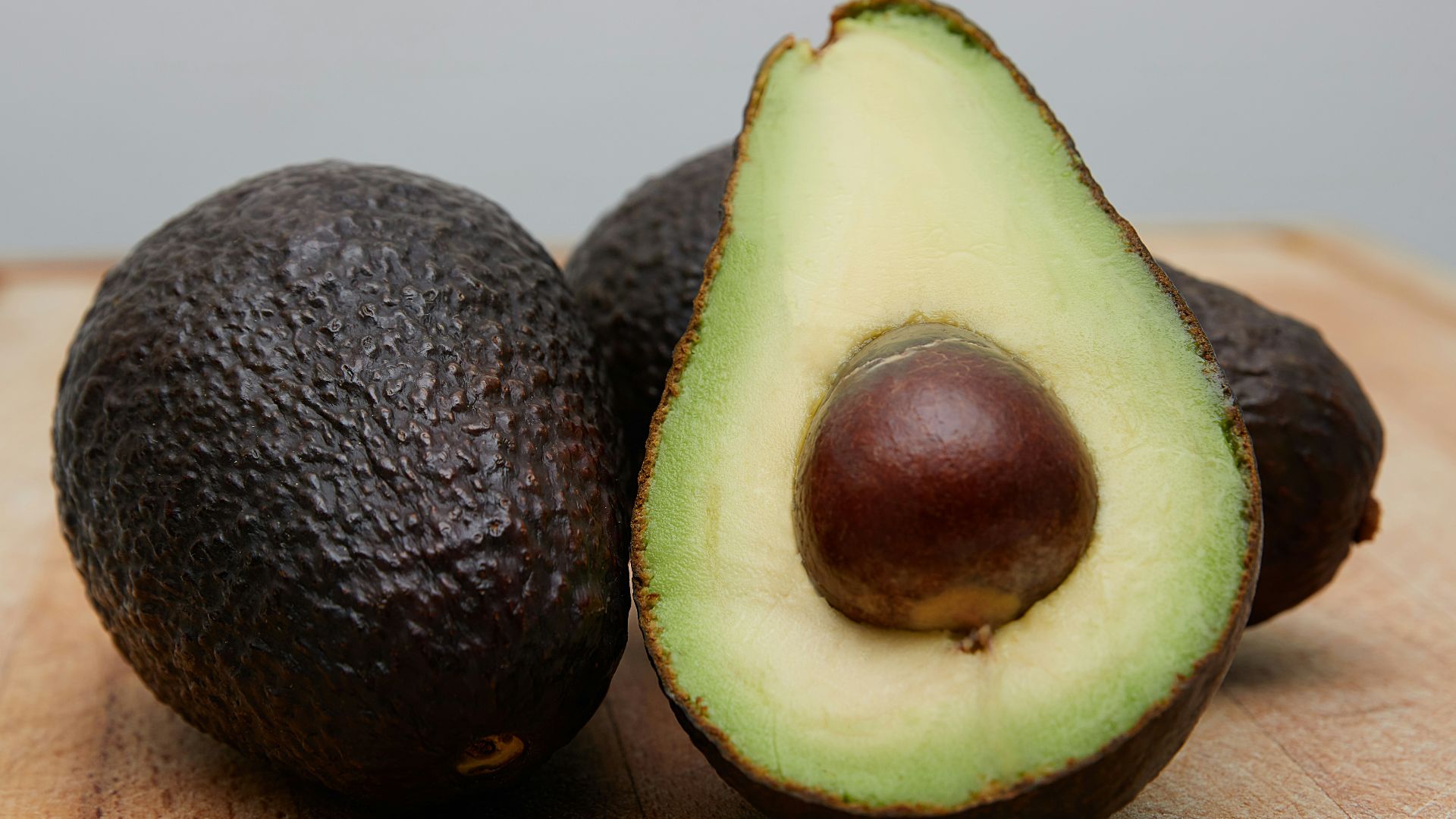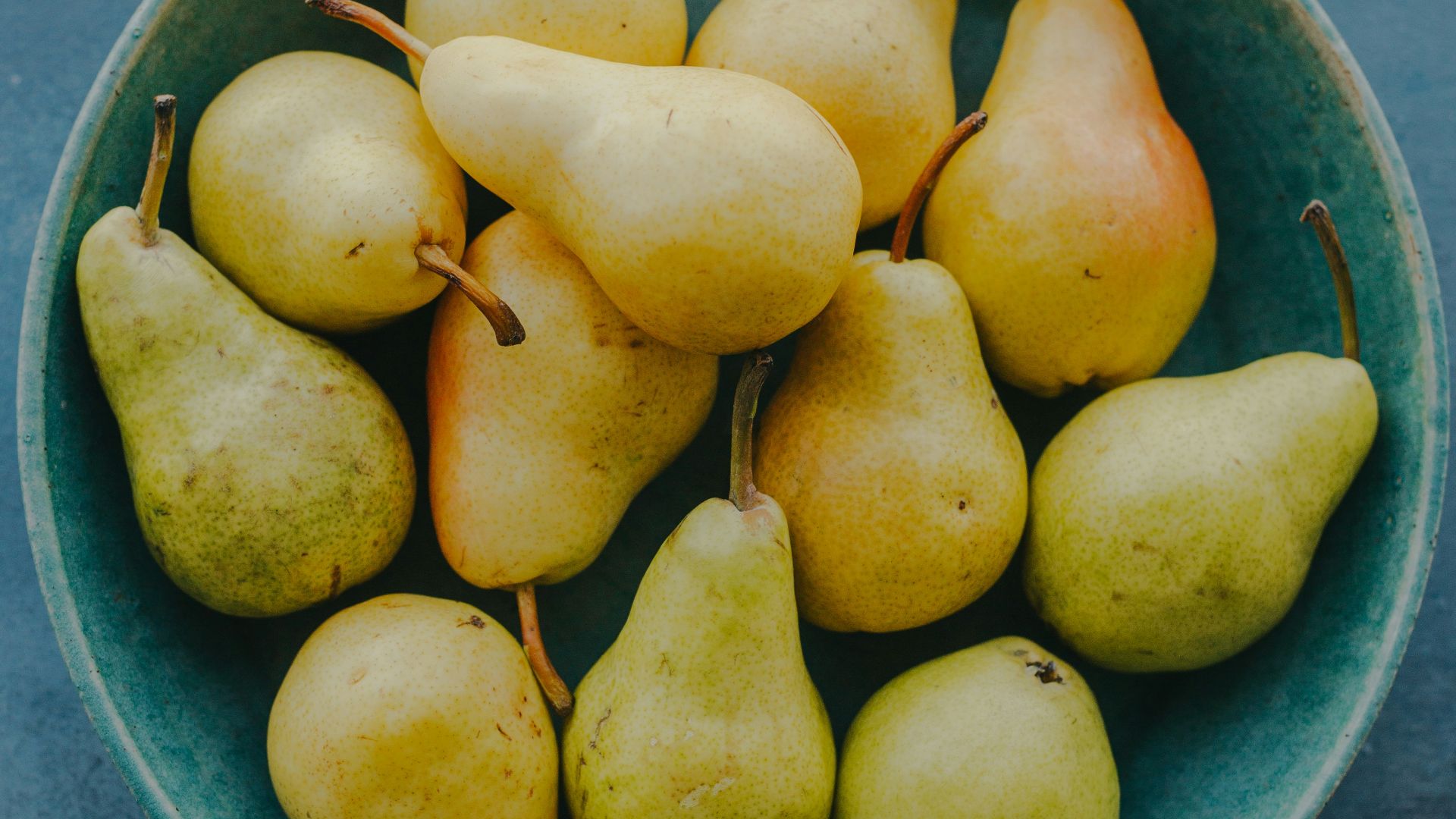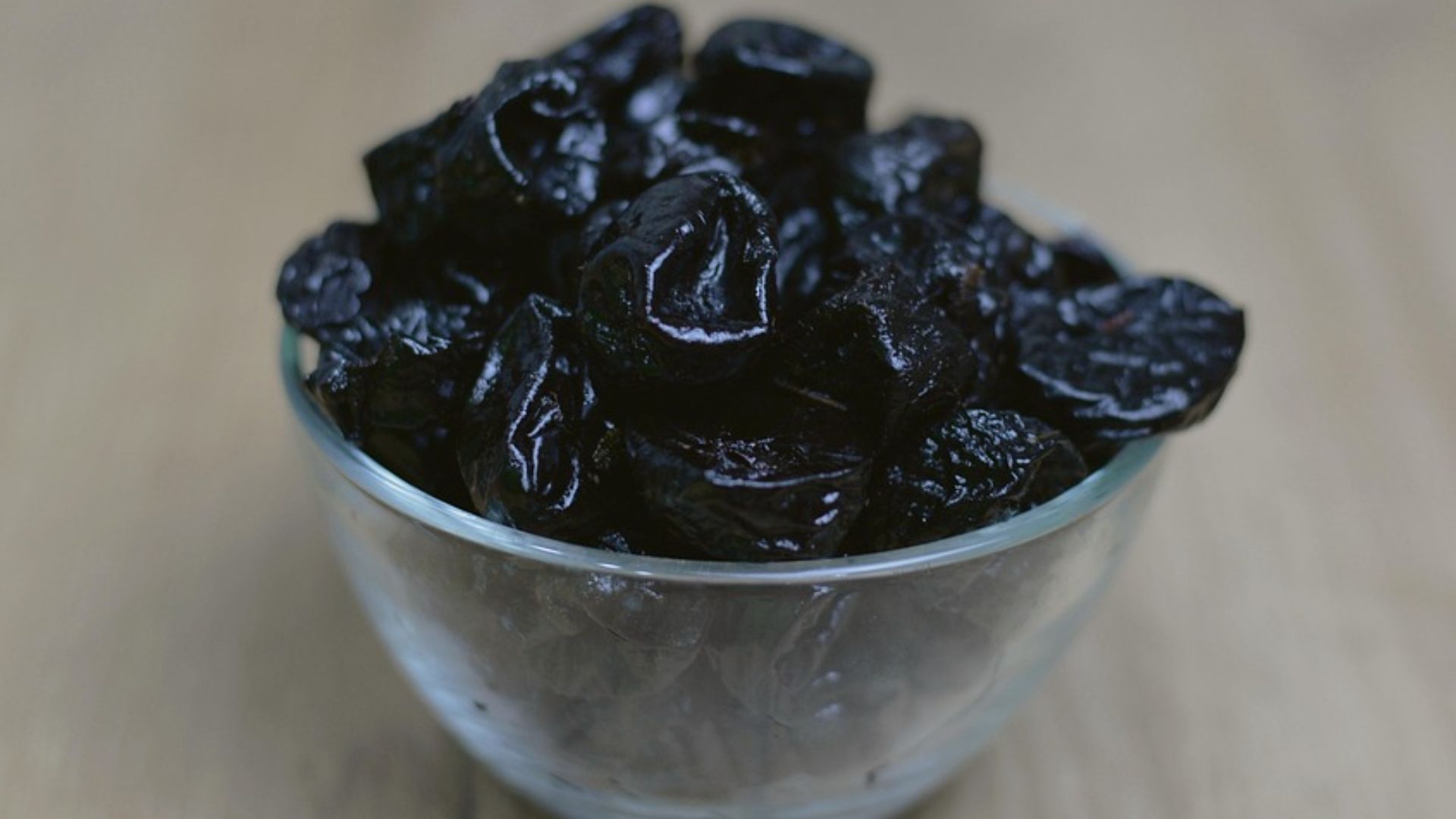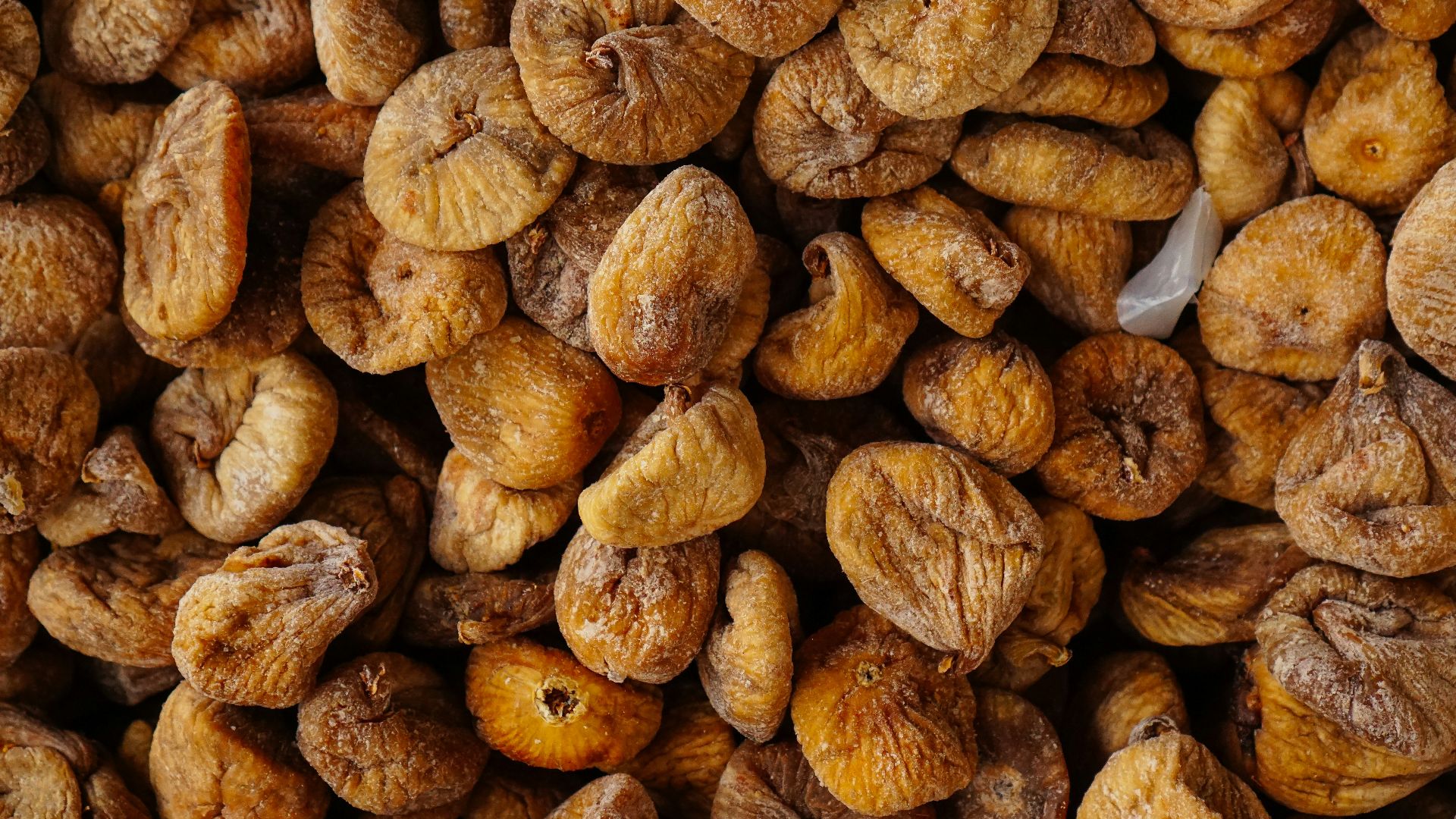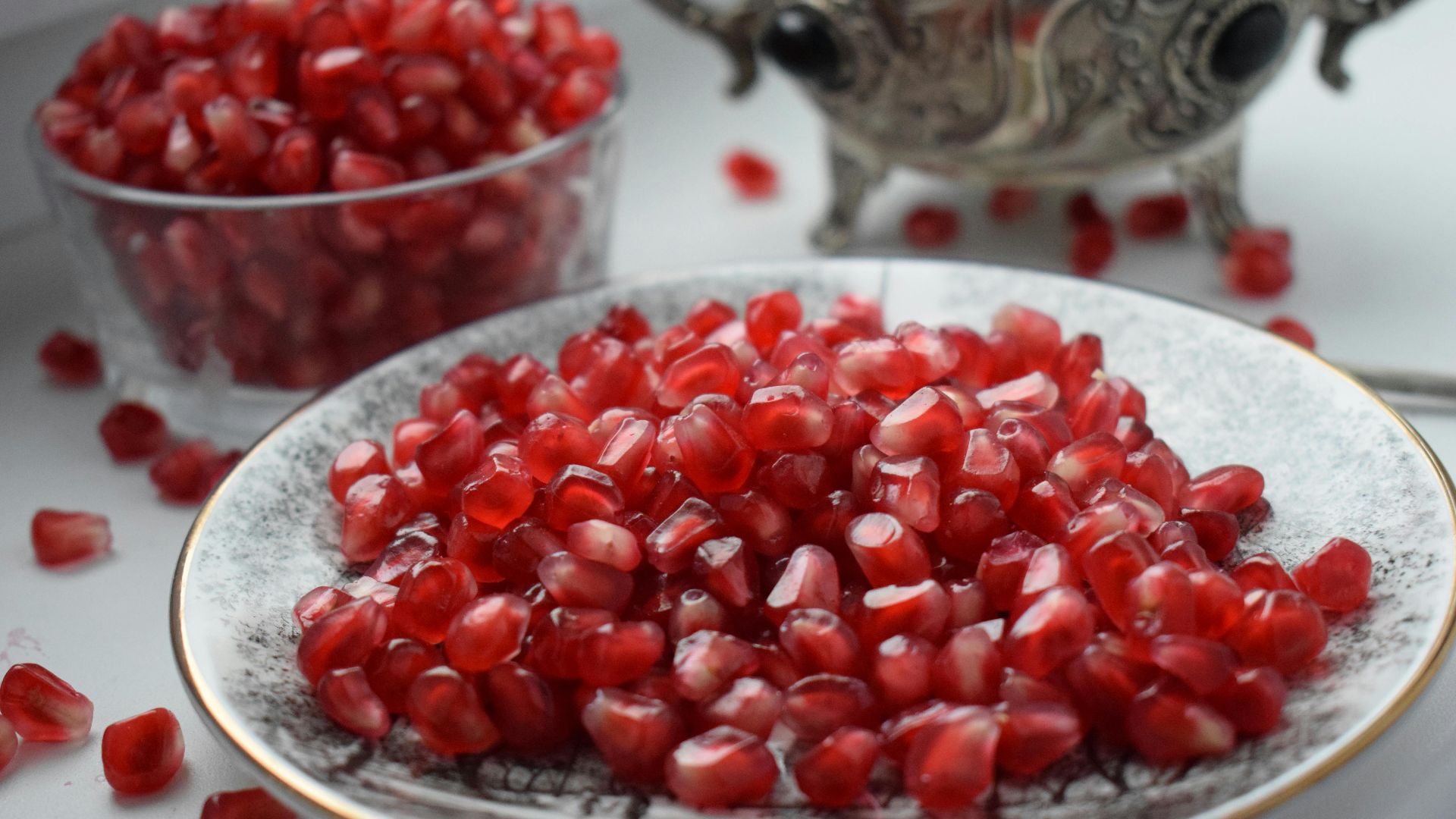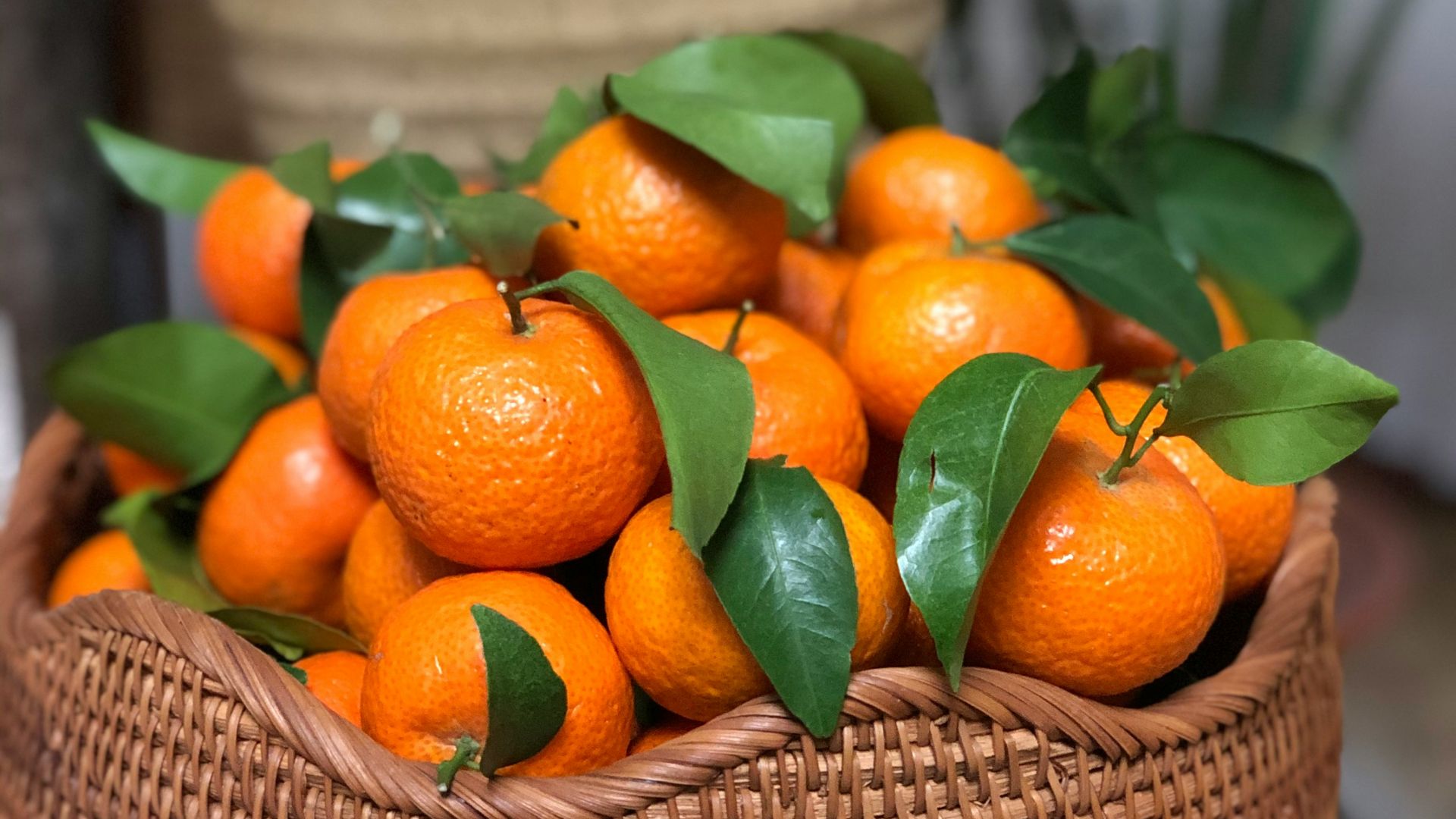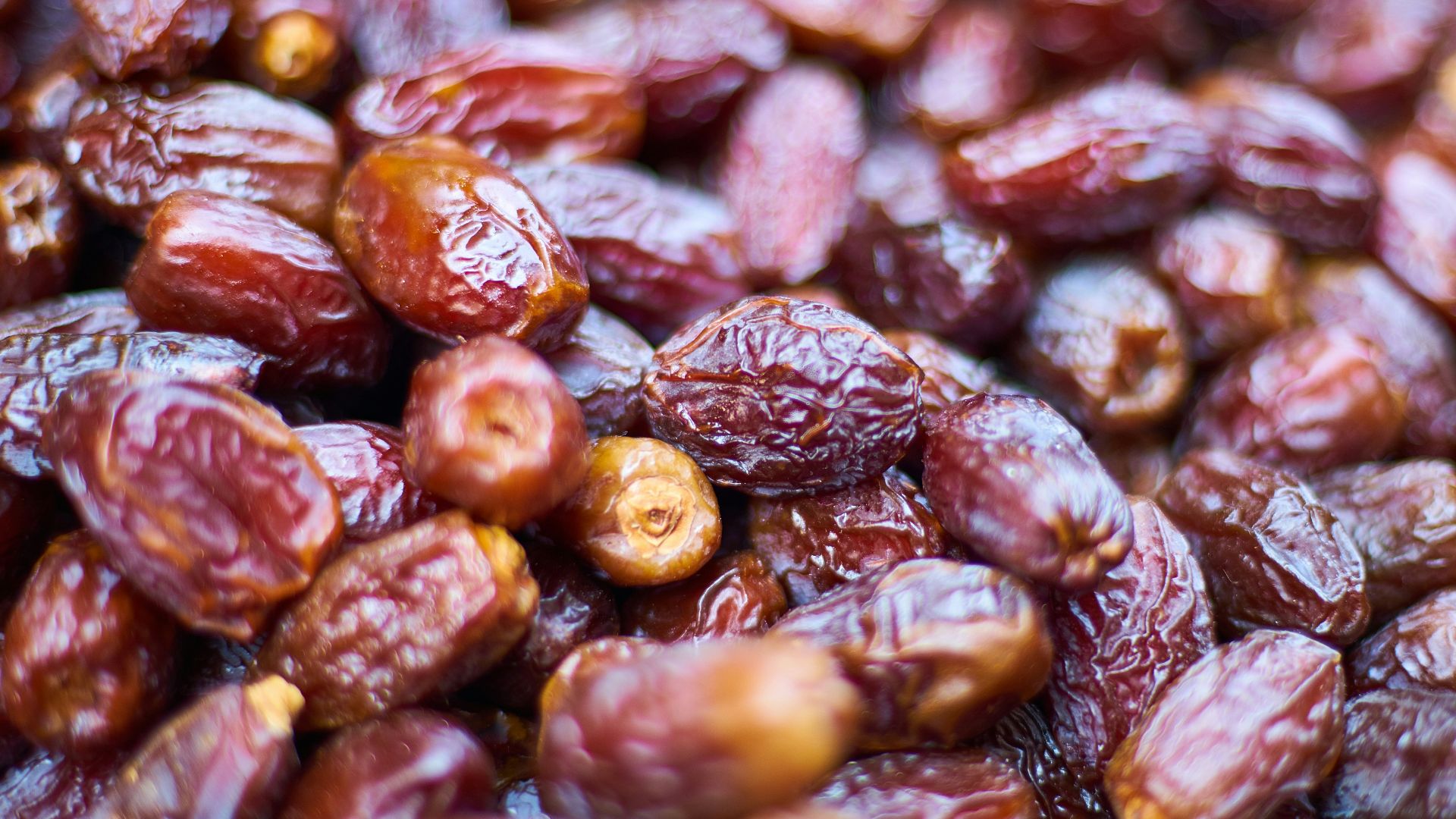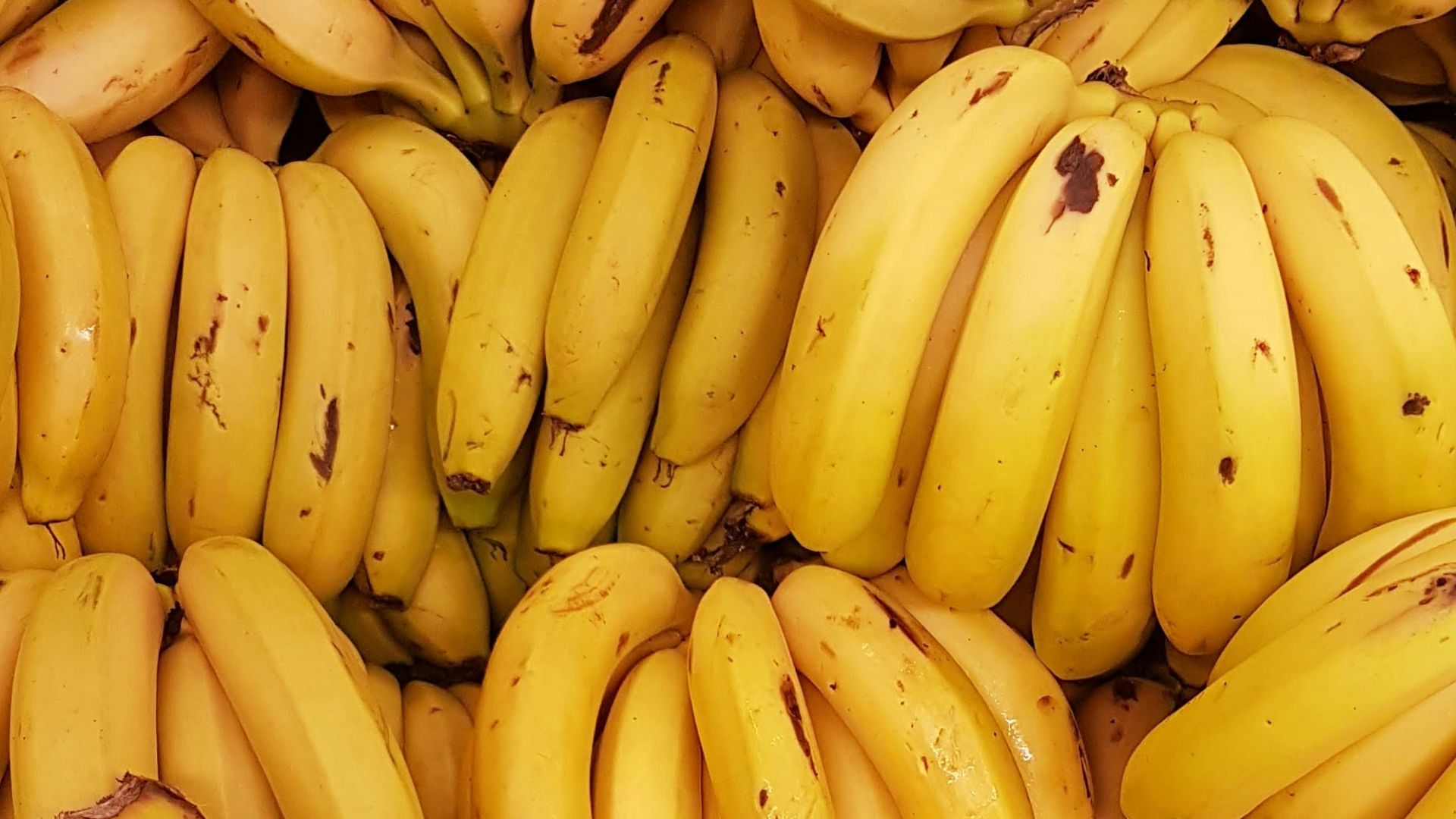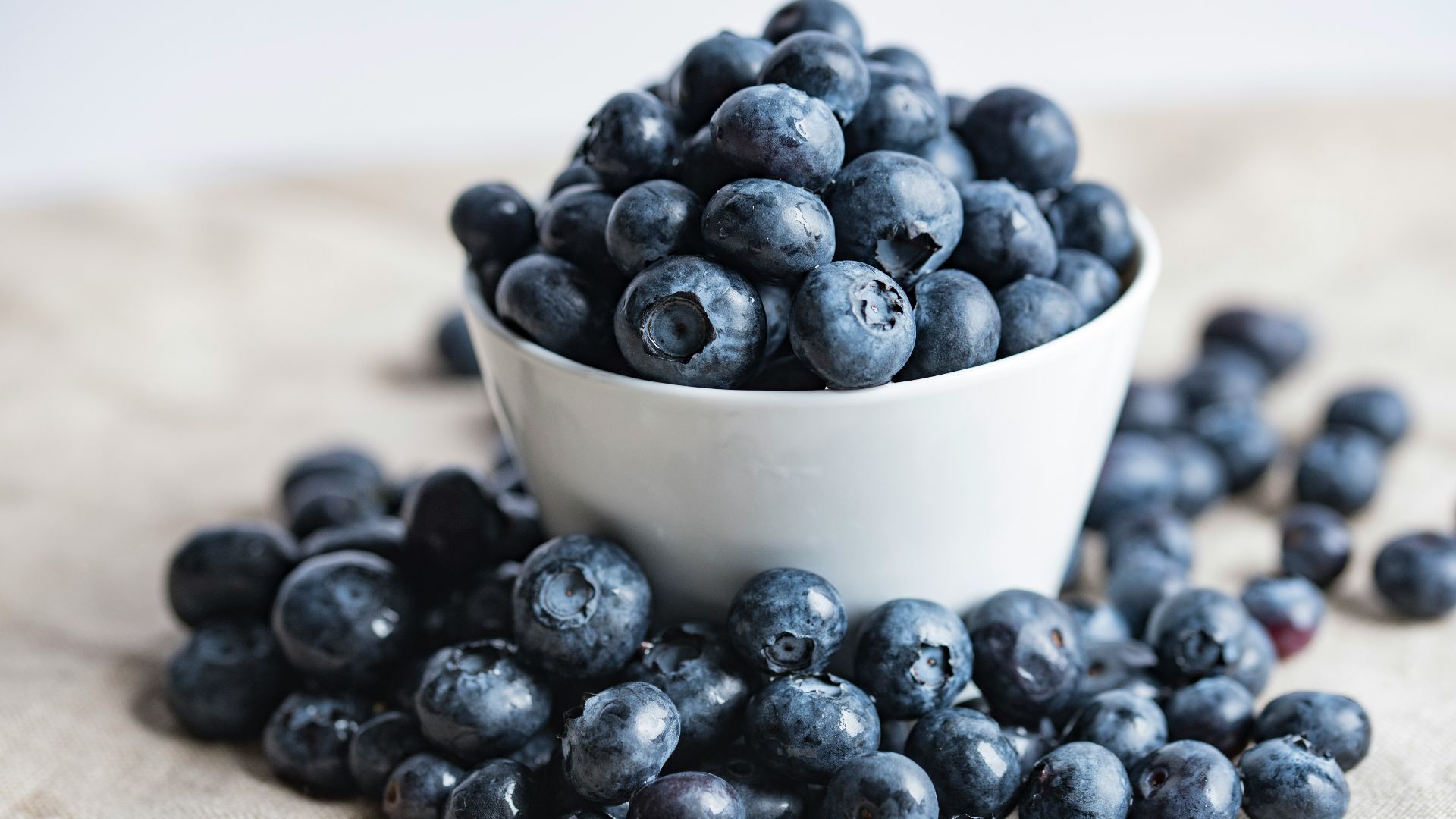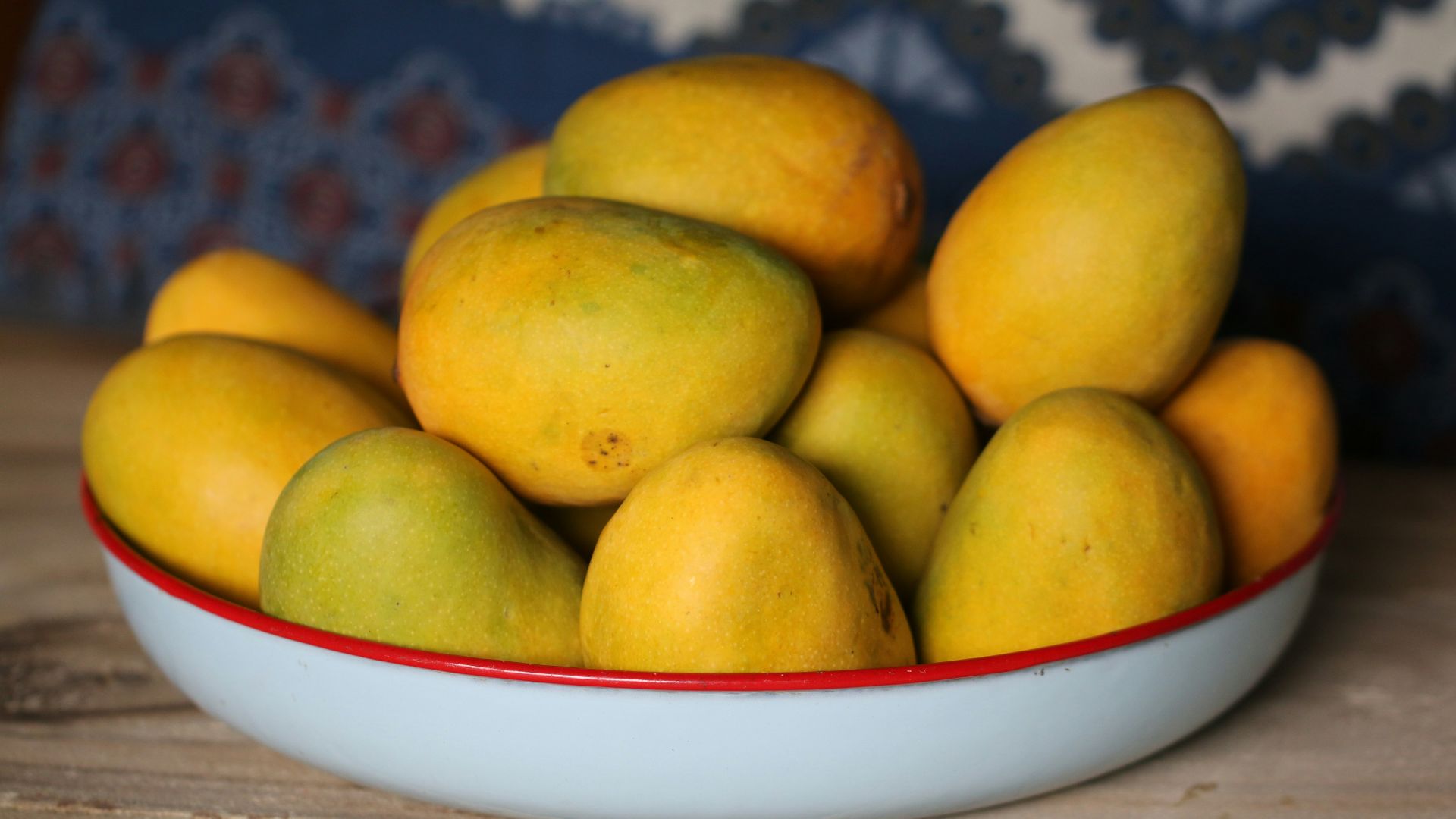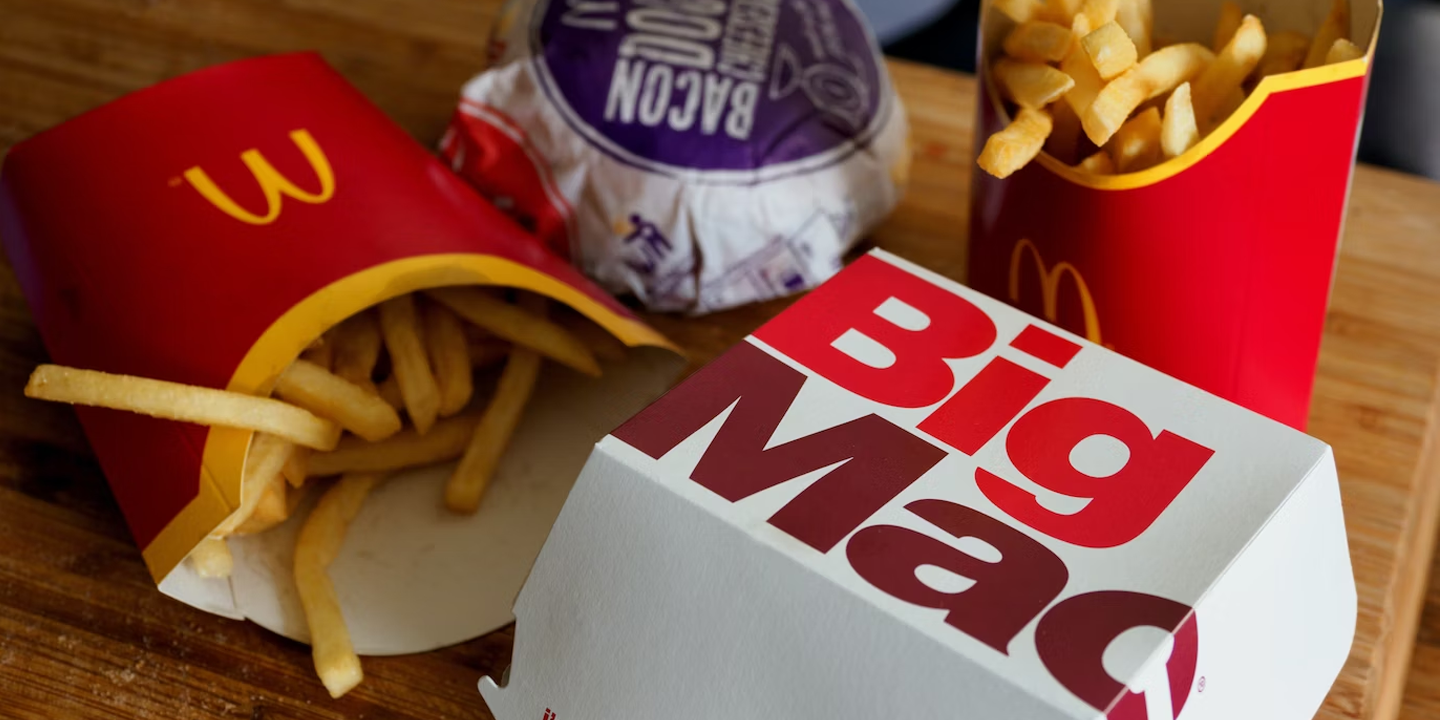Looking For More Fibrous Fruit?
Some fruits pull their weight in ways your stomach and scale might appreciate. You've likely passed a few in the produce aisle without realizing their digestive power. As eating habits shift and people look for natural ways to stay full, we break down 20 fruits that do exactly that.
1. Passion Fruit (10.4g)
Slice it, and you'll find more than tart pulp. This powerhouse carries a whopping 10.4 grams of fiber per 100g. Its crunchy seeds deliver bulk and help you feel full longer. Eating it with yogurt slows digestion and reduces the entire meal's glycemic impact.
2. Guava (5.4g)
The juicy and aromatic guava clocks in at 5.4 grams of fiber. Chew the seeds, too—they boost digestion. When eaten with the rind, it adds roughage that aids motility. As a digestive assistant, travelers often pack it for constipation relief in unfamiliar places.
3. Raspberries (6.5g)
Raspberries, brimming with tiny drupelets, serve up 6.5 grams of fiber while tasting like dessert. Add a handful to your breakfast, and you'll dodge the mid-morning hunger crash. They're among the lowest-sugar fruits, so they're ideal for balancing insulin after carb-heavy meals.
4. Blackberries (5.3g)
Think blackberry vines are just backyard thickets? Wrong. A single cup offers 5.3 grams of fiber, which makes it ideal for smoothies or straight-up snacking. For better gut function, pair them with oats. Their seeds provide insoluble fiber, which helps keep your bowel movements predictable.
5. Elderberries (7.0g)
Often simmered into syrups, elderberries quietly pack 7 grams of fiber per 100g. Historically used in folk remedies, these berries double as immune allies and digestive supporters. They're best stewed with lemon or apple—this breaks down their natural toxins while preserving fiber and anthocyanin content.
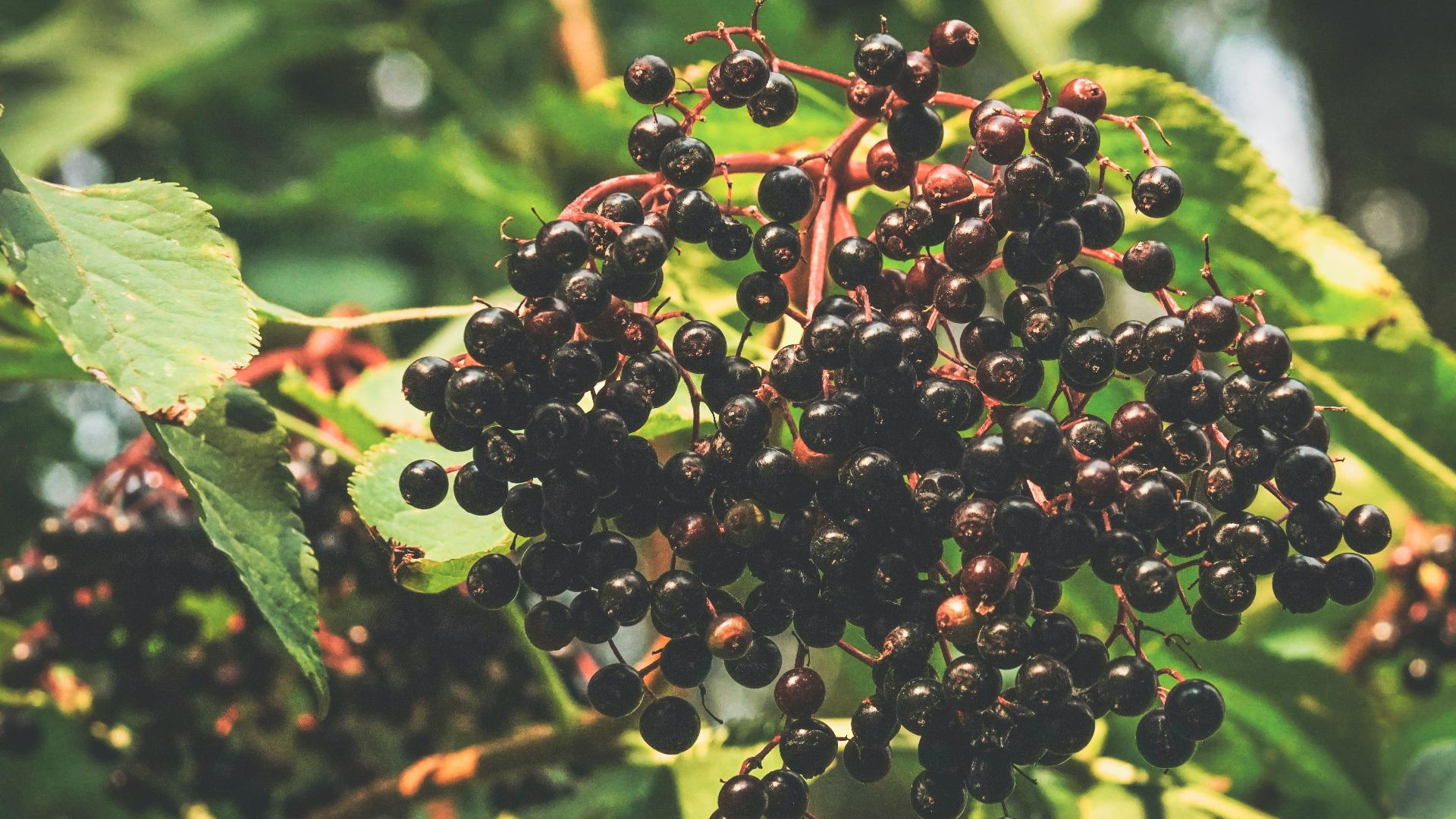 Susanne Jutzeler, suju-foto on Pexels
Susanne Jutzeler, suju-foto on Pexels
6. Asian Pear (3.6g)
Asian pears—crisp like an apple, juicy like a melon—bring 3.6 grams of fiber wrapped in golden skin. Enjoy them whole, unpeeled, for maximum benefit. Their high water-to-fiber ratio makes them ideal for keeping bowel transit smooth, especially when fluid intake is too low.
7. Kiwi (3.0g)
Fuzzy outside, vibrant green inside! Kiwis sneak in 3 grams of fiber per 100g, plus enzymes that help digestion. Eat two before bedtime to ease overnight bloating and irregularity. Kiwis improve stool frequency in people with chronic constipation without disrupting electrolyte or fluid balance.
8. Kumquats (6.5g)
Pop the whole thing, skin and all. Kumquats contain 6.5 grams of fiber per 100g, most of which is present in the peel. Their bitter-sweet contrast slows down chewing and digestion. For blood sugar control, pair kumquats with a protein like almonds.
9. Avocado (6.7g)
Forget guac clichés—avocados are fiber kings, with 6.7 grams per 100g. Spread some on toast or dice it over salad. Their balance of soluble and insoluble fiber supports microbiome diversity. That’s a fancy way of saying they help your gut do its job better daily.
10. Pears (3.1g)
Unpeeled pears serve up 3.1 grams of fiber and a cooling crunch. People with sluggish bowels often find that eating a pear before breakfast gently stimulates natural elimination. Their soluble pectin can help lower cholesterol while easing digestion. Choose ripe but firm ones for maximum satiety.
11. Apples (2.4g)
A medium apple delivers 2.4 grams of fiber, mostly in the skin. Its balance of soluble and insoluble fiber makes it a smart midday choice. Pair it with peanut butter to curb hunger for hours. Granny Smith varieties contain slightly more fiber and less sugar than others.
12. Prunes (Dried Plums) (7.1g)
With 7.1 grams of fiber and natural sorbitol, prunes have earned a reputation. They support regularity without harsh effects. Ideal for sedentary lifestyles or travel days, a few prunes daily can keep things moving. Just three deliver the fiber equivalent of a whole banana.
13. Figs (Dried) (9.8g)
Dried figs pack 9.8 grams of fiber into just 100 grams. Their tiny seeds provide gentle resistance during digestion, encouraging motility. They’re a go-to for people recovering from antibiotics since fiber feeds beneficial gut bacteria. Soak figs overnight to soften their texture and preserve the fiber content.
14. Pomegranate Arils (4.0g)
Crunchy and juicy, pomegranate arils provide 4 grams of fiber, most of it insoluble. Add them to salads or yogurt for texture and digestive lift. This fruit helps reduce oxidative stress, which indirectly supports metabolism. The seeds? They double as natural toothbrushes between meals.
15. Oranges (2.4g)
Oranges are best known for vitamin C but deliver 2.4 grams of fiber per 100g—more if you eat the pulp. So, for maximum benefit, go for the fruit over juice. Navel and Cara Cara oranges hold slightly more fiber than Valencias, and that extra roughage makes a big difference.
16. Dates (Dried) (8.0g)
Sticky and sweet, dates offer 8 grams of protein per 100 grams. Their chewy texture naturally slows eating, which gives your body time to feel full. Pair them with walnuts or cashews for a gut-friendly snack. During Ramadan, dates are often used to gently break fasts without overwhelming the digestive system.
17. Bananas (2.6g)
Bananas contribute 2.6 grams of fiber per 100g, including resistant starch in underripe ones. Resistant bacteria fuel good gut bacteria and slow sugar absorption. Athletes often eat them pre-workout for sustained energy. To enhance your digestion, try them sliced with chia seeds and plain Greek yogurt.
18. Blueberries (2.4g)
With 2.4 grams of fiber, blueberries help digestion and mental focus. Anthocyanins in their skin act as prebiotics and anti-inflammatories. Add frozen ones to oatmeal—the heat softens skins, making fiber easier to absorb. Kids and seniors tolerate them well, thanks to their mild texture.
19. Strawberries (2.0g)
Strawberries offer 2 grams of fiber, mostly in their tiny seeds. Their water-rich structure keeps volume high and calories low—ideal for portion control. Want better blood sugar control? Eat them after starchy meals. They also reduce post-meal insulin spikes when eaten with carbs.
20. Mango (1.6g)
Gooseberries contain 4.3 grams of fiber per 100g, mostly insoluble. These little orbs act like scrub brushes for your intestines. Many Eastern traditions use them to stimulate digestion post-meal. You can try them roasted with fennel for a fiber-rich side dish that aids gut motility.
KEEP ON READING

The Most Popular Chocolate Bars in the USA

The Most Popular Candies in the USA




